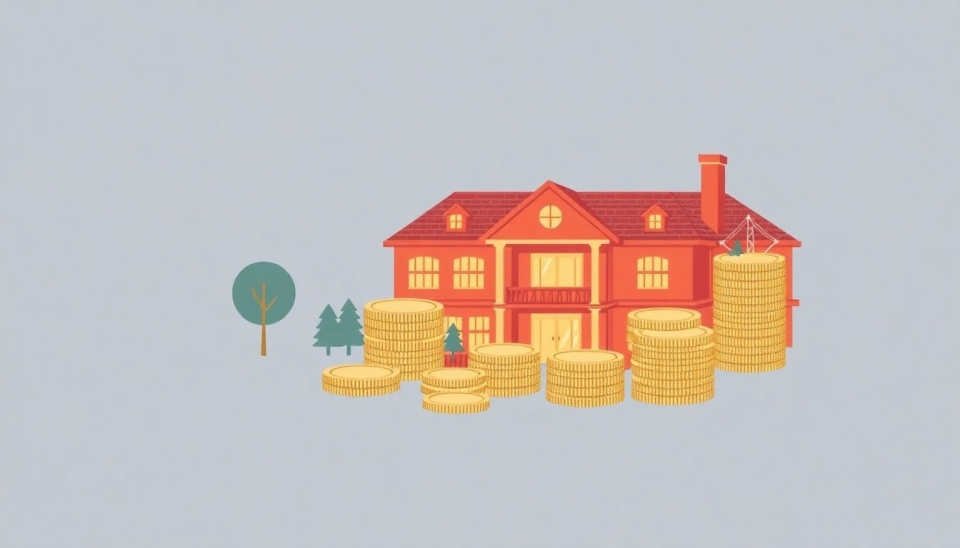
The Rich and Their Spending: Wealthy Households Driving Consumer Expenses
According to a recent study by Moody's, the wealthiest households in the United States continue to be the primary drivers of consumer spending, accounting for nearly half of total consumer expenditures. This finding emphasizes the growing income inequality in a country where affluent households earning over $250,000 per year significantly influence the economic landscape.
Continue reading
Overview of the Most Reliable Cars for the Money
A recent study has compiled a list of the most reliable cars that offer consumers the best price-to-quality ratio. Global statistics show that reliability is becoming increasingly important for car enthusiasts, especially in times of economic uncertainty. The ranking includes a wide variety of car brands and models, ranging from budget to more expensive options, with a particular focus on their durability and overall operating costs.
Continue reading
Revisiting Discrimination: New Study Shows Stigmatization of Jewish Job Seekers in the US
A recent study conducted by the Anti-Defamation League has revealed concerning data regarding discrimination against Jewish job seekers in the workplace of the United States. The study initially highlighted that many Jewish candidates face bias and atypical hurdles in the employment process.
Continue reading
The Unpredictable Fate of Artificial Intelligence: Potential Threats and Opportunities
Modern research and development in artificial intelligence (AI) are becoming increasingly relevant in light of recent warnings about its potentially negative consequences. One of the main concerns raised by scientists and experts is how AI could impact our future and the risks it may pose to humanity. Some researchers assert that highly developed AI systems could threaten human existence if not properly controlled. In particular, the necessity for strict norms and regulations for the safe use of AI technologies is emphasized.
Continue reading
The Swiss National Bank Should Distribute Profits Directly to Citizens, Study Says
According to recent data, the Swiss National Bank (SNB) should start distributing its profits directly to citizens, as proposed by a new study. This suggestion aims to help reduce social inequality and support the economic stability of the country. The research argues that this step could improve the standard of living in Switzerland, particularly for those living on the edge of poverty.
Continue reading
Study Shows Online Dating Contributed to Rising Income Inequality in the U.S.
A recent study published by researchers has uncovered an interesting correlation between the rise of online dating and increased income inequality in the United States. The work notes that as platforms for online dating, such as Tinder and Bumble, become more common, there is a growing economic divide among different demographic groups.
Continue reading
The Need for Financial Support for the World's Poorest Nations Amid Climate Change
According to the latest report, the world's poorest nations require approximately $500 billion annually to combat the effects of climate change. This figure highlights the critical need for significant financial investments to support countries that are most vulnerable to climate change, despite their minimal contribution to global greenhouse gas emissions.
Continue reading
How to Tax the Richest in the UK: Ideas and Approaches
In a recent podcast episode discussing tax issues in the UK, experts examined how to effectively tax the wealthiest citizens of the country without exacerbating the current situation. Amid rising price pressures and social inequality, the issues of tax burden distribution are becoming particularly relevant. Podcast participants noted that many proposals for improving the tax system require careful analysis to avoid possible negative consequences for the economy.
Continue reading
Next Loses Equal Pay Claim Against Mostly Female Retail Workers
Next, one of the UK’s leading retail chains, has suffered a setback in a court dispute regarding equal pay. The claim was lodged by employees, the majority of whom are women. The court rejected the demands that store workers should be paid the same as their counterparts in similar roles in other sectors of the company.
Continue reading